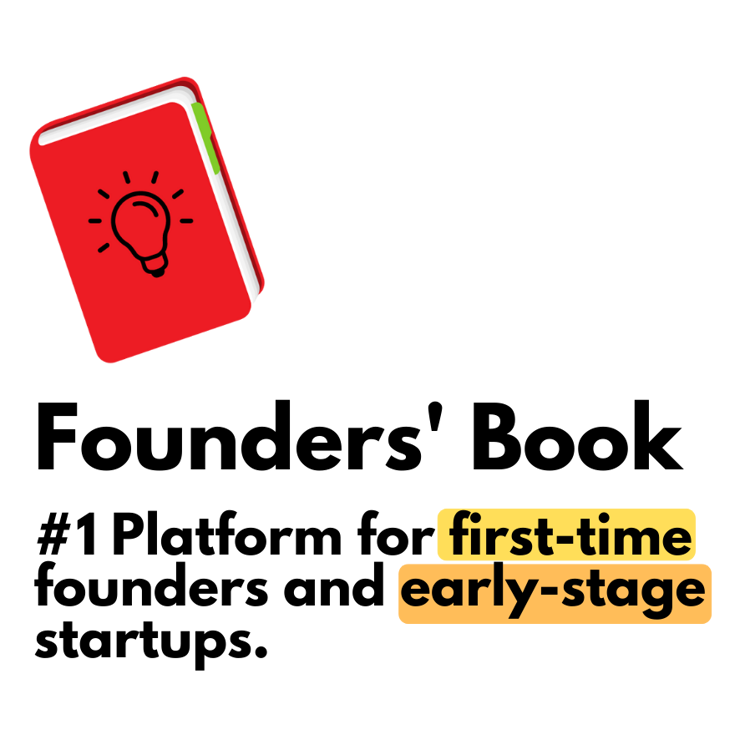Glossary / Active Learning
Active Learning
Active learning is a teaching and learning approach that involves founders / product teams actively engaging in the learning process. It goes beyond passive listening and reading, and encourages students to participate, think critically, and apply their knowledge. In active learning, teams are actively involved in activities such as discussions, problem-solving, group work, experiments, and hands-on projects. They are encouraged to ask questions, explore different perspectives, and make connections between concepts. Active learning has several benefits. It promotes deeper understanding and retention of information, as teams are actively processing and applying what they learn. It also enhances critical thinking skills, as students are challenged to analyze and evaluate information. Additionally, active learning fosters collaboration and communication skills, as startup team work together and share their ideas. There are various active learning strategies that can be used in the classroom, such as: 1. Think-pair-share: Founders think individually about a question or problem, then discuss their thoughts with a partner, and finally share their ideas with the whole class. 2. Problem-based learning: Founders work on real-world problems or case studies, applying their knowledge and skills to find solutions. 3. Role-playing: Founders take on different roles or perspectives to explore a topic or issue. 4. Jigsaw: Startup teams are divided into small groups, each focusing on a specific topic or concept. They then come together to share their knowledge and teach each other. 5. Flipped classroom: Startup teams learn the content outside of class through videos or readings, and then engage in activities and discussions during class time. Active learning can be implemented in various educational settings, from primary schools to universities. It requires a shift in the traditional approach to a more startup/product-centered approach, where a chair acts as a facilitator and guide. Overall, active learning promotes engagement, critical thinking, and collaboration, leading to a more effective and meaningful learning experience.

